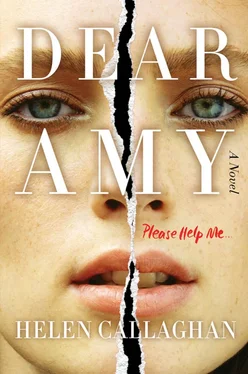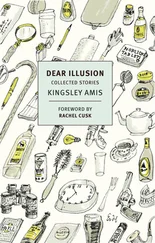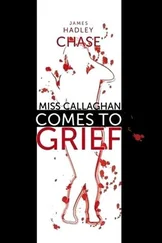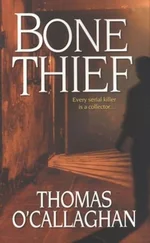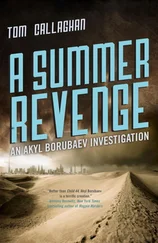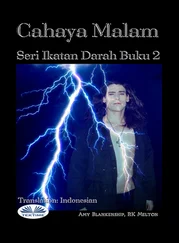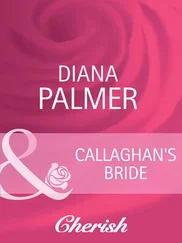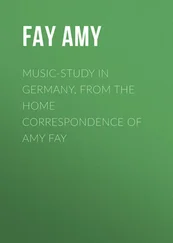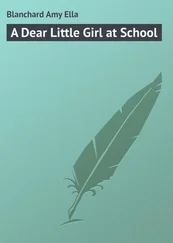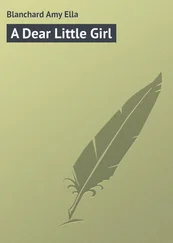Worked through the night, indeed. I crushed down the fiery little prickle of anger and pain this consideration gave me. I am moving past this. Watch me move.
That morning, after my sleepless night, I had decided that, all things considered, it was time for me to get back on my bike, as they say – to resume my old life, my old habits, to close the yawning space that was Eddy’s absence. It would be good for discipline.
Though it did mean that when I appeared in the Copper Kettle after my brisk journey from St Hilda’s, I was windblown, shiny with sweat and sporting a bright red flush.
I recognized Martin Forrester immediately – he had obtained a table near the window for us, and he was gazing through it, seemingly oblivious to me, lost in contemplation of the delicate stone arches of Kings College until he caught sight of me self-consciously hitching my bike up to the rack outside. He offered me a wave and made a gesture both welcoming and beckoning, though he didn’t smile.
I felt as though I was being summoned to see a tutor.
I came inside, wending my way past the busy tables full of gossiping students and laughing tourists, feeling nervous and flustered. He rose to meet me and offered me a firm, warm hand. His fastidious academic dress from the image on my computer had been replaced with a slightly stubbly chin, a pair of distressed skinny jeans and a neat dark blue shirt that skimmed over surprisingly defined musculature.
And yet, despite this casual attire, there was something harder-edged about him in person, something a little dangerous. His most striking feature, one that didn’t appear in the photo, was his unsettling jade green stare, hooded under a strong forehead with thick black brows.
He waited for me to settle opposite him, summoning a waitress with a friendly nod that she quickly returned – I had the feeling they knew him in here.
‘You recognized me,’ I said, trying to hide the fact that this had unnerved me.
‘There’s a picture of you on your school website.’ He shrugged, but those intense eyes didn’t leave me, and there was something deeply calculating in them. ‘Digital spying. It’s the new black. Ops, that is.’
He smiled for the first time.
Of course – he’d looked me up, I told myself, and tried to relax. It’s what professional people do. The fact that there’s a picture of me on the school website isn’t the same as him standing next to me while I called Arabella Morino a bitch on her doorstep.
Nevertheless, paranoia lingered over me, making it hard to return his frank gaze. I shrugged myself out of my grey coat, trying to avoid it.
The waitress, a little blonde whip-thin girl with black eyeliner and a Turkish accent, came over to take our orders. I chose a pot of tea, and while he discussed coffee with her, I took the opportunity to slyly study him out of the corner of my eye. He was taller and more rough-hewn than I’d expected. He wore a gold TAG Heuer watch that looked oddly ostentatious on his darkly haired wrist, as though he’d stolen it. I found myself unexpectedly and inappropriately interested in it. Someone had bought him that – it was not the kind of watch you buy for yourself. I scanned his broad hands, their backs lightly covered with hair, for a wedding ring, and came up blank.
How intriguing.
I bit my lip, refocused. I was here on a mission. Not to be sidetracked.
‘Did you come from nearby?’ I asked, as the girl withdrew and I pushed my coat over the back of my chair. The atmosphere in the cafe was warm and close, the ambient chatter and clash of crockery almost but not quite loud enough to require me to raise my voice. It was an excellent choice of venue, I realized – we were unlikely to be overheard.
His reply was a crisp nod. ‘Very near. I’m at Corpus.’ He gestured down the street towards Corpus Christi, a pretty little college I had been inside a couple of times with an old boyfriend. ‘I’m in college on a Monday. I run a postgrad seminar in the afternoon.’
‘And where are you the rest of the time?’
‘At the Institute, near the Law Faculty on Sidgwick Avenue.’ He shrugged. ‘Unless I’m travelling, of course. I do that a lot.’
I couldn’t place his accent – it was professional and precise, but with a broad Northern burr beneath it. Geordie? Yorkshire? No, Lancashire. North Manchester or Bolton, if I was any judge.
‘I know Sidgwick Avenue well,’ I said. ‘I did Classics.’
He grinned suddenly, and his teeth were white, sharp. With that and his piercing eyes and hirsute hands I suddenly realized what he put me in mind of – a kind of civilized werewolf. ‘Ah! I pass that faculty every day,’ he said. ‘I often wonder what folk get up to in there.’
I laughed, clutching my handbag and the precious letters contained therein on my lap. ‘Other than secret rituals and delirious bacchanals? Nothing much.’
‘You disappoint me.’ He raised an eyebrow at me. ‘But why Classics?’
I shrugged, surprised at the question. I hadn’t anticipated that I would be talking about myself so much with a handsome man, and my blush burned deeper, spreading down my throat in a wave, making my ears tingle. Damn, damn and double damn. He can see you, you know. ‘It spoke to me the most. And I was lucky – I had a very good private teacher before I came up.’
‘A private teacher? Your parents must have been keen.’
I shook my head. ‘No, it wasn’t like that. I was looked after by nuns. But one of them was very learned, and she gave me a head start. I took my A levels at night school.’
Our drinks arrived, and there was a flurry of business involving spoons, sugar and milk, with the waitress making two trips to our table. We sat in patient silence, under a kind of unspoken agreement not to say anything about the letters until she was gone.
‘So,’ he began directly, the minute we were relatively alone (on the table behind him, an older woman in a green duffle coat attacked a slice of cheesecake with a fork, a copy of Camus’ L’Etranger in her free hand, and across the aisle three medical students from St Catherine’s, a girl and two boys, were chattering excitedly about a party they’d been to at Peterhouse the evening before, passing a mobile phone between them, each new picture making them burst into increasing laughter). ‘I wanted to meet you in person and explain exactly why I’m… why we are interested in your letters from Bethan Avery.’
‘I was wondering about that.’
‘Justly so.’ He raised the coffee to his lips and drank deeply, like a man who was in a constant hurry. ‘And I know you have limited time, so I’ll be brief.’
I sipped my tea, waiting.
‘As you’ve probably guessed, what we do at MHAT – the Multi-Disciplinary Historical Analysis Team – is historical analysis of crime data.’ He replaced his mug of coffee on the table, gesturing with his broad hands for emphasis. ‘We have a statistician, three criminologists, two psychologists, lawyers, police and social services liaisons… the idea is that we pool our expertise and come up with something that is greater than the sum of our parts.’
‘Hence multi-disciplinary.’
‘Exactly so.’ He nodded. ‘Most of the analysis we do in our day jobs deals with general trends, rather than specific cases. It’s used to inform police investigative procedure, and every so often public policy. It’s big brushstrokes stuff, as a rule: poverty is an indicator in drug-related crime, or opportunistic robbery drops when you install street lighting.’ Again, the grin. ‘Common sense, if you like, only they have to pay us to look into it, since common sense – as I’m sure you’re aware – frequently turns out to be complete bollocks.’
Читать дальше
